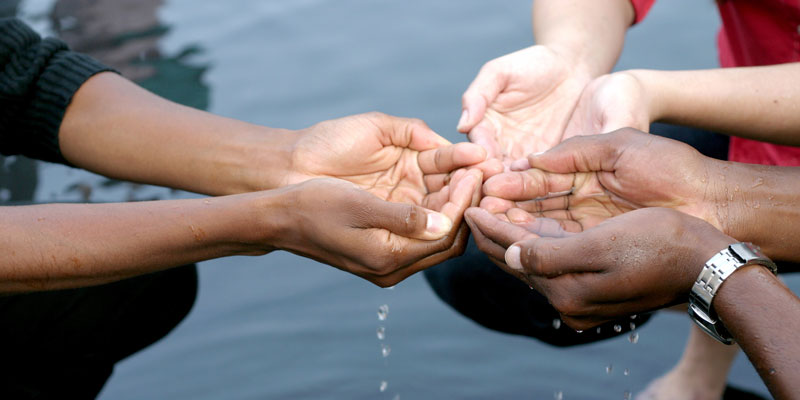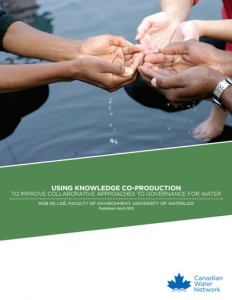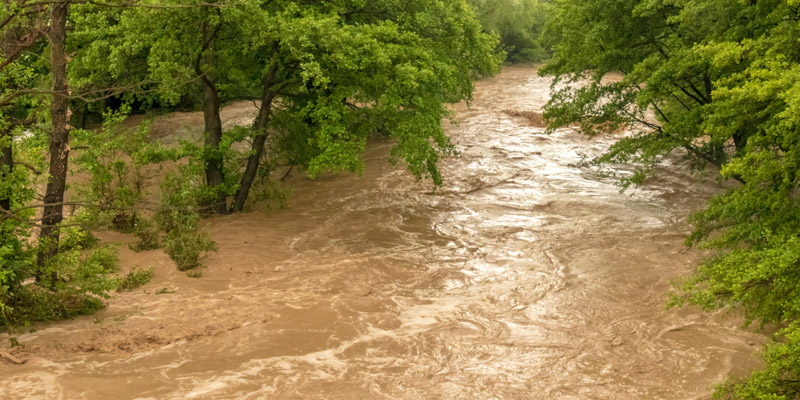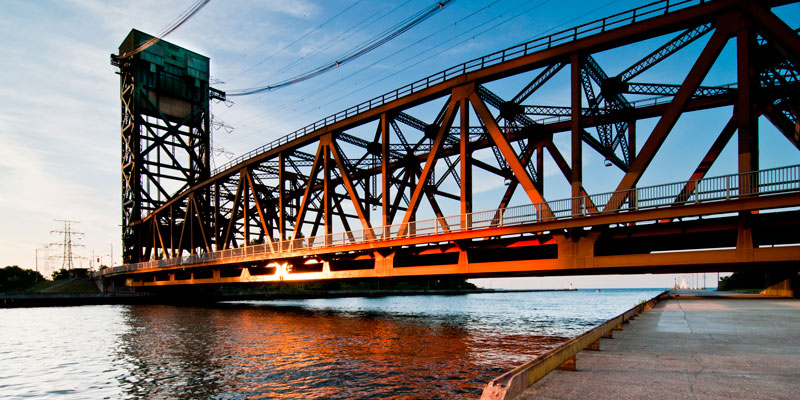Using Knowledge Co-Production to Improve Collaborative Approaches to Governance for Water
Principal Investigator - Rob de Loë, Professor, University of Waterloo, 2013 - 2014

Challenge
Collaborative approaches to water governance in Canada happen when diverse groups of people and organizations with a common interest work together to identify challenges and develop solutions. This project will address challenges related to water governance, based on a past CWN-funded project:
- Project (2008-2012): Governance for Watershed-Based Source Water Protection in Canada: A National Assessment – Rob de Loë, University of Waterloo
In this project, researchers conducted a national assessment to identify critical knowledge gaps, challenges, and solutions related to governance for source water protection. Of the challenges that were identified through this process and a later workshop, two stood out as key priorities:
- Practitioners highlighted the need to gain clarity around the strengths and weaknesses relating to the implementation of collaborative approaches to governance for water; and
- Practitioners emphasized the need to learn from other jurisdictions to enable more successful implementation of collaborative approaches by gaining a better understanding of contextual factors that determine where, when, how, and with whom collaborative approaches are appropriate.
In the current project, led by Dr. Rob de Loë, the team will address these challenges through a number of research initiatives that engage end users and partners.
Project
To address the identified challenges related to collaborative approaches to governance for water, project team members will undertake three consecutive project phases.
Phase 1: Identify and characterize as many unique collaborative water governance processes in Canada as possible.
Phase 2: Engage people involved in those processes in an online dialogue designed to clarify existing knowledge and to generate new knowledge regarding the implementation of collaborative governance. A key focus will be on clarifying how collaborative processes can interface more effectively with other governance approaches, including government regulatory systems.
Phase 3: A two day capstone workshop with project partners and the practitioners who participated in Phase 2 will focus on critical themes revealed in the online dialogue. A key goal of the workshop will be to develop a plan for applying the knowledge on collaborative governance gained through workshop discussions and previous phases.
Outputs
Anticipated Outputs Include:
- Synthesis report summarizing the survey from Phase 2
- Knowledge application report synthesizing findings from all three phases.
- Facilitation of and end-user focused capstone workshop at the end of the project.
Outcomes
Anticipated Outcomes Include:
An increased understanding among participating end users about the strengths and weaknesses of collaborative approaches, when they are appropriate, and how to address governance challenges related to their use.
Participants begin with a grounded understanding of their own situations; this project will provide them with a deeper understanding of other relevant situations where collaboration is used to address water-related problems and opportunities.
An increased capacity for participating end users to evaluate the suitability of collaborative approaches to source water protection.
End user participants will develop skills needed to evaluate the suitability and appropriateness of a range of collaborative approaches.
- Engagement and support of end users in a community of practice around collaborative governance.
- By the end of the project, participating end users will have interacted with each other for approximately one year.
- They will have engaged in dialogues through the online tools (some anonymous), and will have engaged face-to-face through the capstone workshop at the end of the project
- This activity will help form new relationships which may result in ongoing engagement beyond this project.





